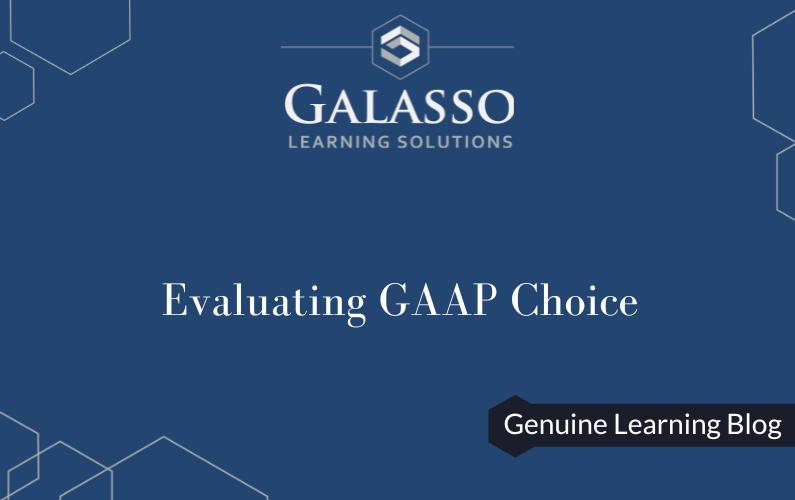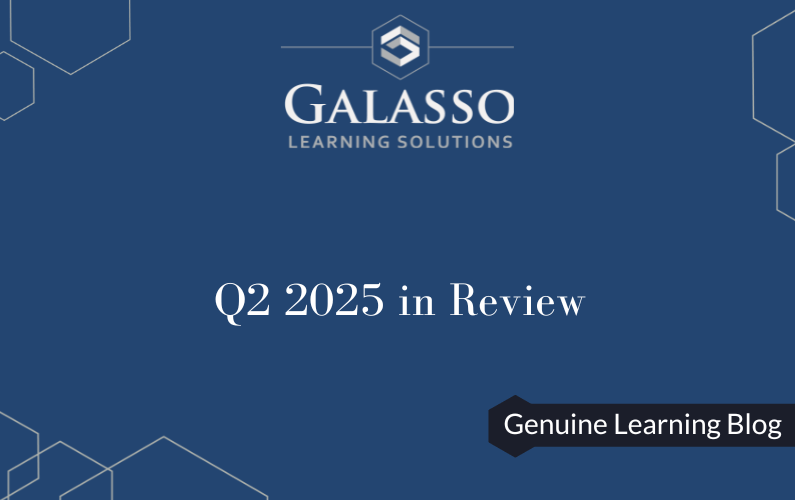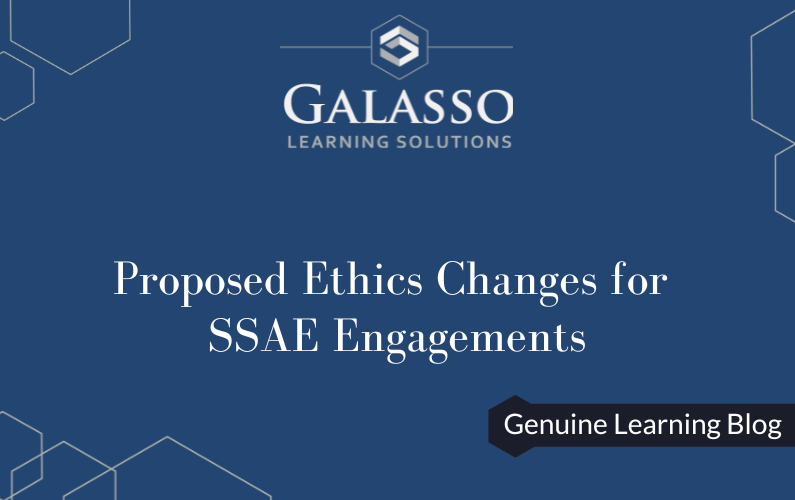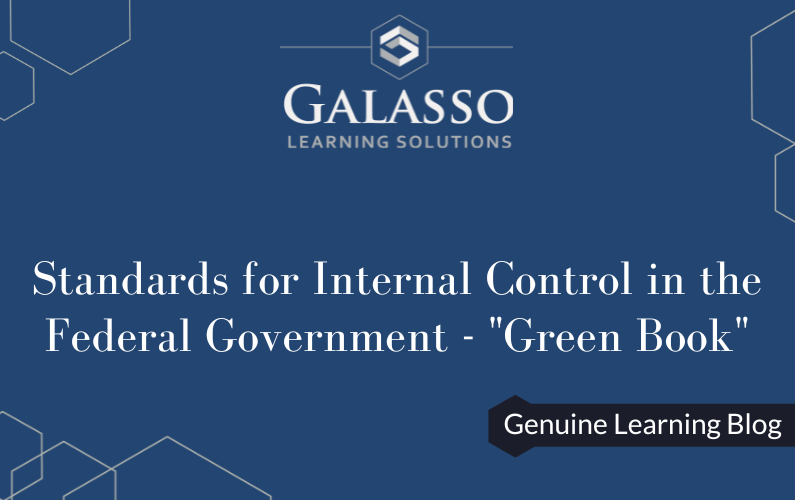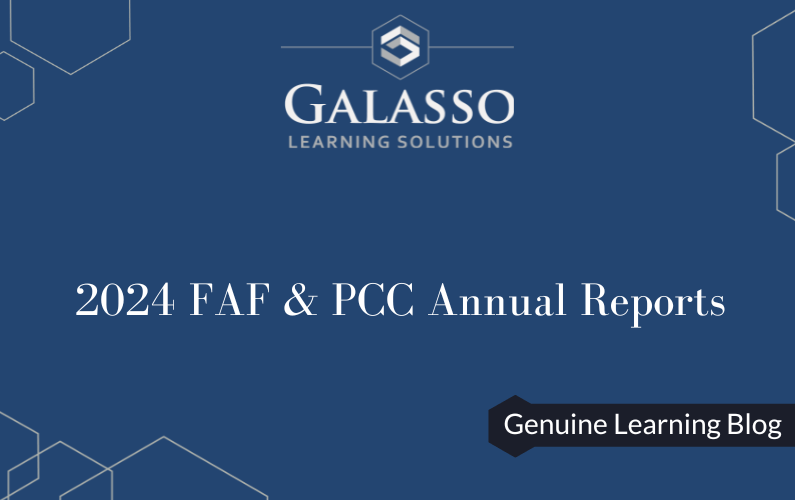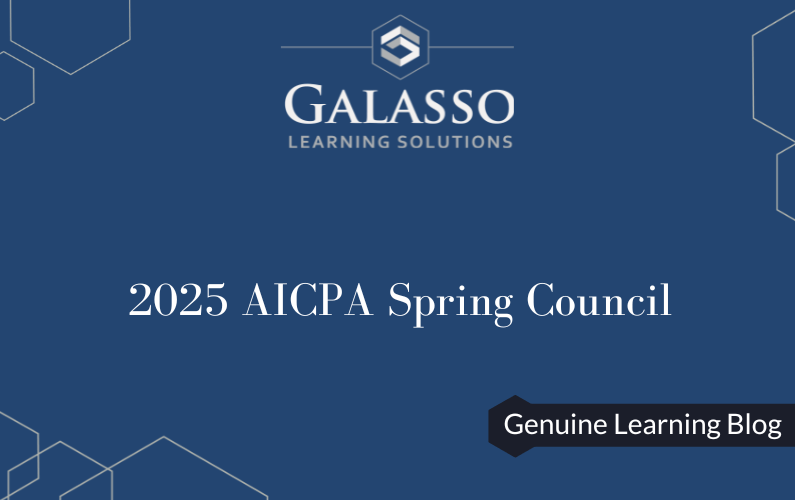Evaluating GAAP Choice
In this week’s blog, we explore the newly released GAAP Utilization Report from the GASB. State and local governments often have flexibility in choosing a financial reporting framework, but what drives that decision? This report offers valuable insights into the factors that influence whether governments adopt GAAP or rely on alternative frameworks. The research highlights key trends across states, counties, municipalities, and special districts, including which states require GAAP and what conditions increase the likelihood of GAAP adoption.
Q2 2025 in Review
This week’s blog covers the activity of the major standard setters in the second quarter of 2025. We will review the issued standards of the AICPA, FASB, and GASB with an update on what to expect next quarter.
Proposed Ethics Changes for SSAE Engagements
The AICPA’s PEEC has proposed targeted changes to the independence rules for SSAE engagements. By updating terminology and adding more examples, the hope is to make it easier to apply the rules to attestation engagements where the subject matter is not a financial statement. This is phase 1 of a 5 phase approach PEEC is taking. Comments are due September 5th.
Standards for Internal Control in the Federal Government – “Green Book”
The GAO recently released the revised Green Book! This 2025 update to the Standards for Internal Control in the Federal Government replaces the 2014 version and includes key changes around improper payments, risk assessment documentation, information security risks, and more. The revised standards take effect for FY 2026, with early implementation permitted.
FASB Staff Educational Paper – Retainage for Construction Contractors
The FASB staff just released an Educational Paper on Retainage under Topic 606—clarifying how to present and disclose retainage in construction contracts. While it reinforces existing GAAP and offers optional disclosures to improve clarity, it also highlights a bigger issue: even when disclosures are technically “there”, users can still struggle to connect the dots. This is a great reminder that financial reporting isn’t just about compliance, it’s about communication.
2024 FAF & PCC Annual Reports
The Financial Accounting Foundation (FAF) and the Private Company Council (PCC) have released their 2024 annual reports, highlighting key accomplishments, stakeholder engagement, and strategic priorities. The FAF report covers activities of the FASB and GASB, including new standards, outreach efforts, and financial statements. The PCC report features 2024 highlights, strategic updates, and a message from the Chair.
2025 AICPA Spring Council
From future-focused strategy to real-time advocacy, the 2025 AICPA Spring Council was a dynamic experience filled with bold ideas and impactful conversations.
Proposed ASB 2026-2030 Strategic Plan
On March 14, 2025, the ASB released its Proposed Strategic Plan for 2026–2030, building on the success of its 2021–2025 plan. The new proposal outlines incremental updates aligned with its public interest mission, addressing key challenges, opportunities, and strategic initiatives for the future.
Disclaimer: The information contained within this blog is provided for informational purposes only. Viewing this material does not qualify for CPE credit. Additionally, this general knowledge is not intended to substitute for obtaining accounting, legal, or financial advice from a professional accountant with specific knowledge of your organization. Finally, watching this blog and/or subscribing to the newsletter do not create an accountant-client relationship.


